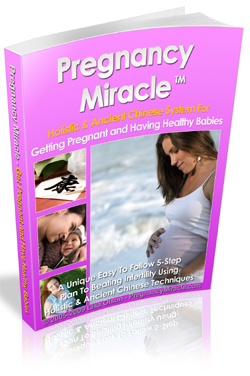 If you have been taking birth control pills and now want to have a baby then you are probably wondering how long after taking the pill will you get pregnant? While the pill itself will not affect your fertility, you might expect that getting pregnant will take a little longer after stopping it.
If you have been taking birth control pills and now want to have a baby then you are probably wondering how long after taking the pill will you get pregnant? While the pill itself will not affect your fertility, you might expect that getting pregnant will take a little longer after stopping it.Usually nearly 90% of all women will become pregnant within a year of stopping the pill. That’s about on par with most other couples looking to conceive who have used other forms of birth control.
Of course, it might happen at any time. You could get pregnant the first month after quitting your birth control or find that it takes closer to six months. It really depends on your body and your how soon your monthly cycle returns to normal.
Usually though it takes a few months for your cycle to return to normal and you start ovulating regularly. You can start tracking or charting your cycle so that you know when exactly in your cycle that you ovulate so you can pinpoint the best times to have intercourse.
The Pill stops ovulation so that’s why you need to be sure that you are ovulating again to be able to fall pregnant.
What if your period doesn’t return to normal after stopping the pill?
Like I’ve mentioned, for a few women it does take a while for their cycles to return to normal, but what happens if your period hasn’t come back after two or three months? While it’s actually quite common for this to happen, you should rule out if you are already pregnant by taking a pregnancy test. If that’s not the case then it’s worth seeing your doctor to see if they can restore your hormonal balance so that you become fertile again.
If you are considering having a baby then you should immediately start taking a good folic acid supplement, quit smoking and eat as healthily as you can to ensure you are in tip top shape to ensure that you have a healthy baby.





